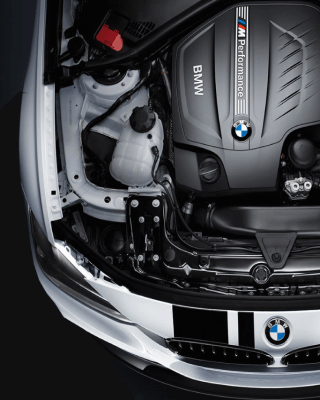Volkswagen’s 2.0-liter engine uses a timing chain rather than a timing belt to synchronize the camshaft and crankshaft. In some cases, it may become worn or damaged over time, which can cause a variety of problems. Here are some reasons why you might need to replace the timing chain on a Volkswagen 2.0 liter engine:
- Stretching: Over time, the timing chain can stretch, causing it to become loose and affecting the engine’s timing. This can lead to poor engine performance, reduced fuel efficiency, and increased emissions.
- Wear and tear: The timing chain and its associated components are subject to wear and tear over time, particularly if the engine is not regularly maintained. This can cause the timing chain to become loose or damaged, affecting the engine’s timing and potentially causing damage to other engine components.
- Tensioner failure: The timing chain tensioner is responsible for keeping the timing chain tight and properly aligned. If the tensioner fails or becomes damaged, the timing chain can become loose or misaligned, which can cause serious engine damage.
Noise: A worn or damaged timing chain can produce a noticeable rattling or knocking noise, particularly at idle or under acceleration. The vehicle may also have false codes for sensors related to camshaft and crankshaft timing.
Regular maintenance, including oil changes at the recommended intervals, can help prolong the life of the timing chain and reduce the likelihood of premature wear or failure.
If you suspect that your Volkswagen’s timing chain is worn or damaged, it’s important to have it inspected and replaced by a qualified mechanic as soon as possible to prevent further damage to the engine.

